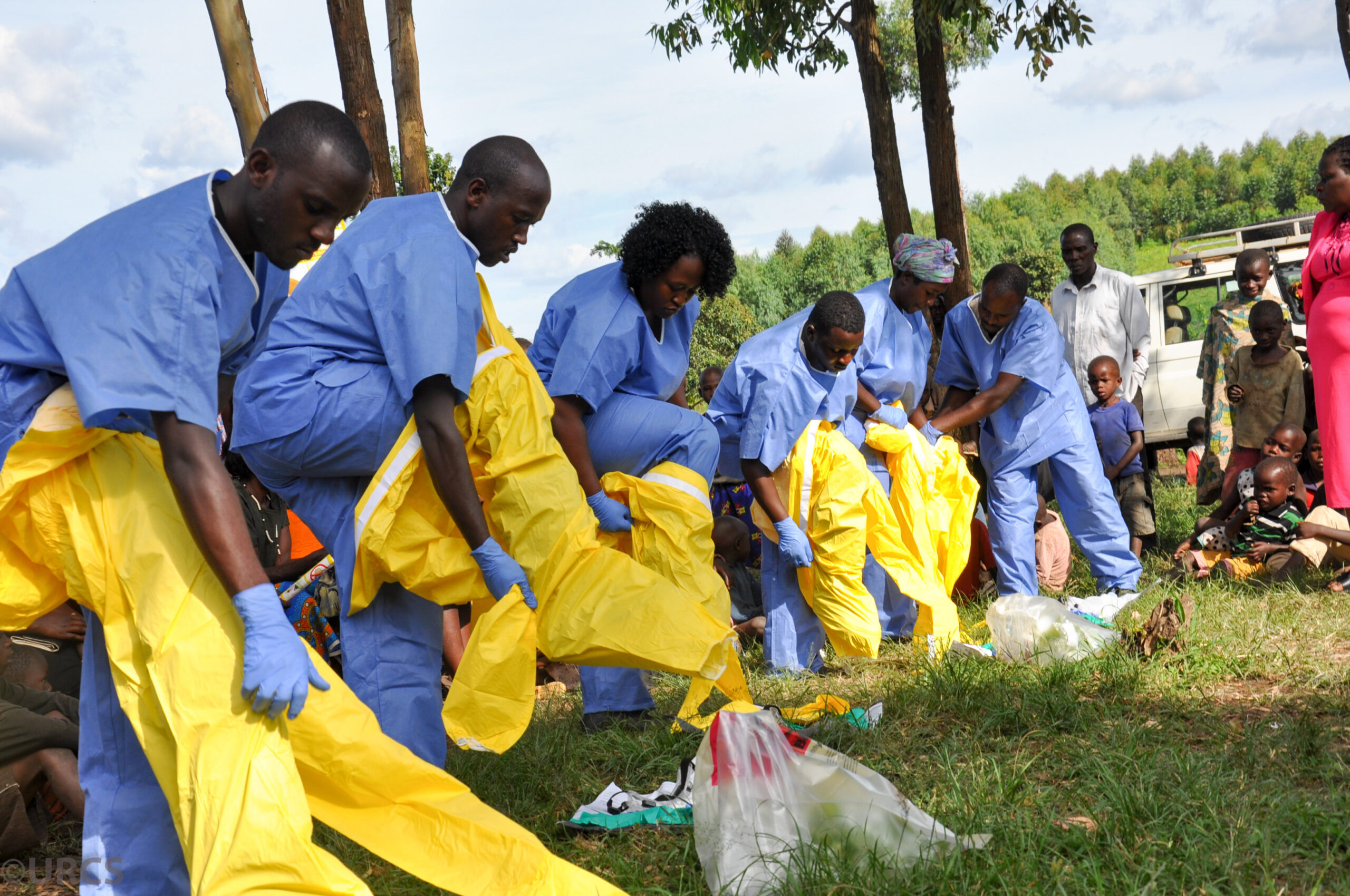Marburg
Key documentation and products developed by partners for supporting Community Engagement for Marburg Response

Situation
Ethiopia (Nov 2025)
• First-ever Marburg outbreak confirmed on 14 November 2025, with 9 cases in Ethiopia’s southern Omo / Jinka region.
• Genetic analysis confirmed that the strain is similar to Marburg viruses previously seen in East Africa.
• Given the proximity of the affected region to South Sudanese border, there is concern about cross-border transmission.
Tanzania (Jan – Mar 2025)
• Outbreak declared on 20 January 2025 in Kagera region in northwestern Tanzania.
• There were 10 reported cases, and 10 deaths (CFR 100%)
• The outbreak was declared over on 13 March 2025, after 42 days with no new confirmed cases.
Rwanda (September – December 2024)
• First Marburg outbreak ever in Rwanda, declared on 27 September 2024.
• There were 66 reported cases, and 15 deaths, most of which were among healthcare workers.
• The outbreak was declared over on 20 December 2024, after 42 days with no new confirmed cases.
RCCE priorities for MVD outbreaks:
1. Ensure the integration of Risk Communication and Community Engagement (RCCE) expertise within the outbreak investigation teams to support timely, community-informed case investigation efforts and strengthen trust in the response.
2. Establish a coordinated RCCE mechanism in all affected woredas and neighboring high-risk areas to harmonize messaging, streamline partner efforts, and ensure consistent communication with communities.
3. Initiate structured engagement with community leaders, religious leaders, health extension workers, and other influential groups to promote early reporting, safe behaviors, and community ownership of MVD prevention and control measures.
4. Build on existing or set up a community feedback mechanism (CFM) and conduct rapid qualitative assessments in the affected areas to capture community perceptions, concerns, rumors, and barriers, ensuring response activities are grounded in real-time community insights.
5. Roll out standardized training on Community Engagement, Protection, and RCCE for all frontline responders and partners, ensuring accurate messaging, culturally appropriate engagement, and adherence to safe practices across all response pillars.

